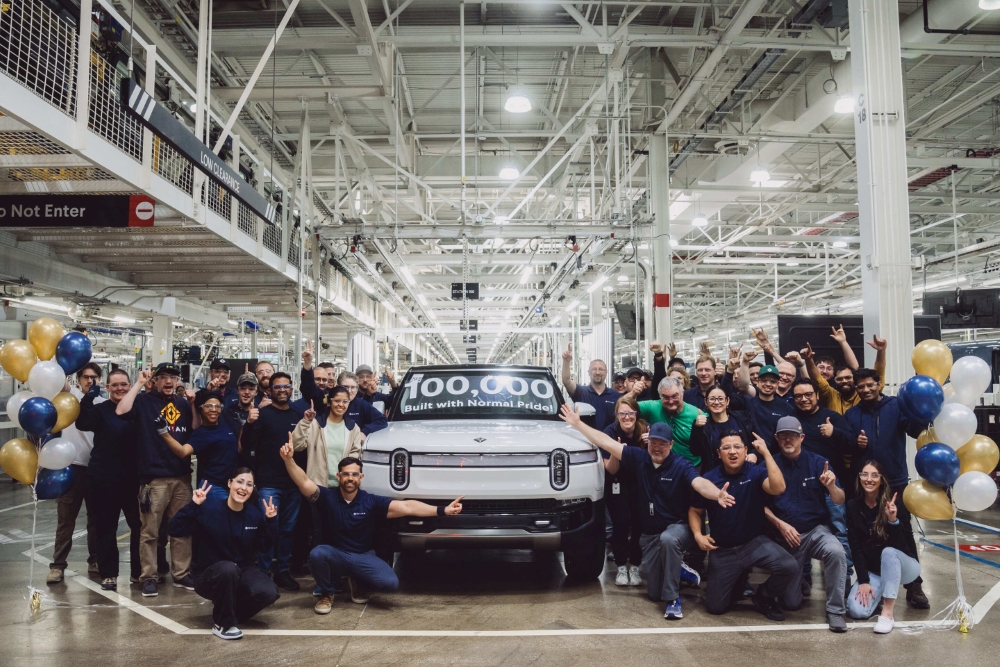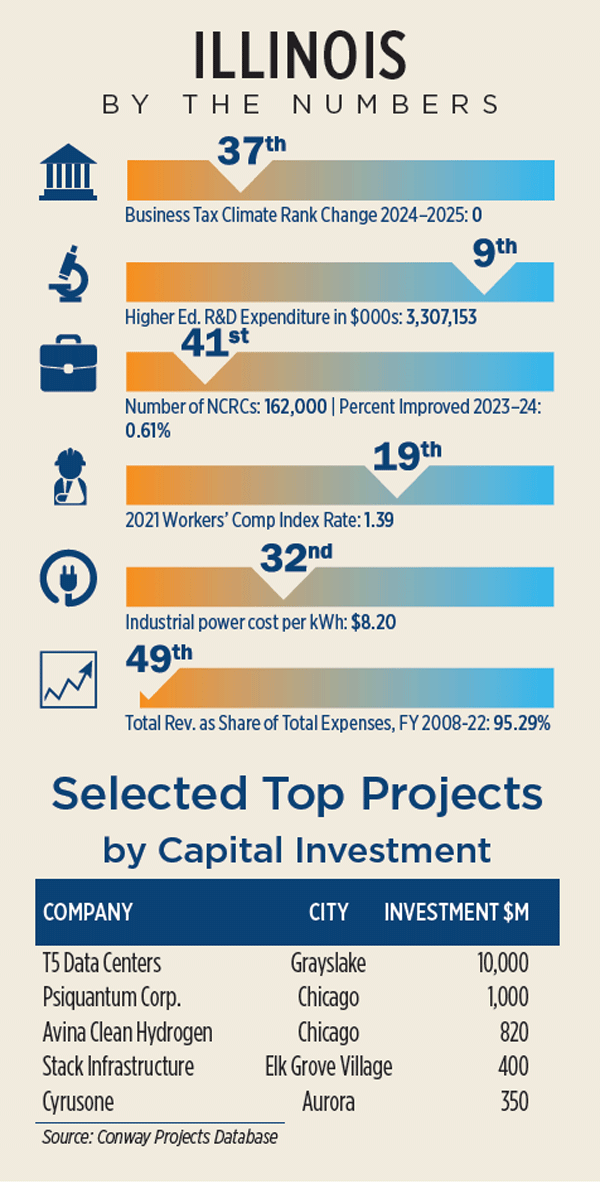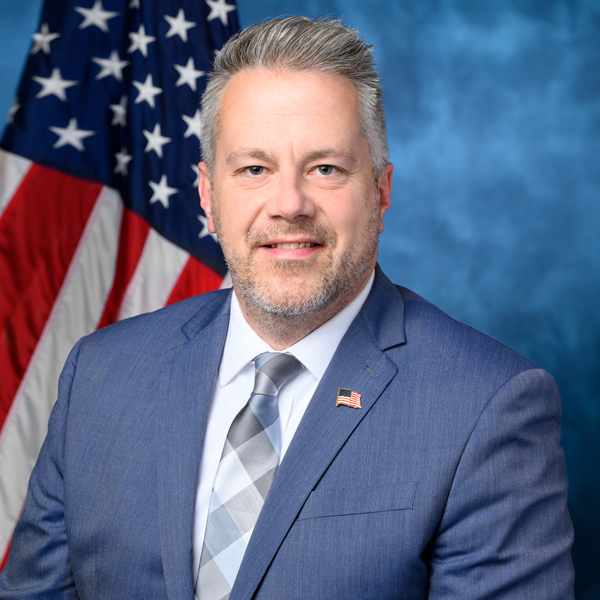Automaker to reopen operations in Illinois
Two years after Stellantis’ Belvidere Assembly Plant was indefinitely idled, the automaker has announced plans to reopen the facility.
The decision follows mounting pressure from United Auto Workers (UAW), which blasted Stellantis for the delay in following through on a 2023 agreement to reopen the plant. Frustrations led to rallies, marches, strike threats and formal grievances as part of the union’s “Keep the Promise” campaign.
While the UAW’s efforts played a key role in holding the company accountable, the Biden administration also applied political pressure, offering vital support in the form of a $334 million grant from the U.S. Department of Energy to help convert the Belvidere plant to electric vehicle production.
In December 2024, following these developments, former Stellantis CEO Carlos Tavares resigned, and new North American COO Antonio Filosa was appointed. Filosa has emphasized that working with UAW to strengthen Stellantis’ presence in the U.S. market is among his top priorities.

Rivian in April 2024 produced its 100,000 vehicle in Normal, where the company has invested more than $2 billion thus far.
Photo courtesy of Rivian
Shortly thereafter, Stellantis Chairman John Elkann met with President Donald Trump and several administration officials in Washington to discuss potential changes in trade and manufacturing policies under the new administration and the company’s efforts to align with the U.S. economic agenda.

Just days later, on January 22, the UAW announced that Stellantis plans to reopen the Belvidere Assembly Plant by 2027 to produce a new mid-sized truck, alongside a string of additional commitments.
Rumors that the company was considering moving Dodge Durango production to Canada were a hot contention between Stellantis and the UAW. This concern was put to bed following the company’s pledge to build the next generation of Dodge Durango at its Detroit Assembly Complex.
Stellantis has also announced a significant investment in Kokomo, Indiana, where it will launch Phase II of the GME-T4 EVO engine in 2026, reversing prior plans to shift work out of the U.S. It will also maintain production of the GME-T4 EVO engine at the Dundee Engine Plant in Michigan and increase component manufacturing at the Toledo Machining Plant in Ohio.
“This victory is a testament to the power of workers standing together and holding a billion-dollar corporation accountable,” said UAW President Shawn Fain in a statement. “We’ve shown that we will do what it takes to protect the good union jobs that are the lifeblood of places like Belvidere, Detroit, Kokomo and beyond.”
When the facility shut down in February 2023, approximately 1,000 workers lost their jobs. Now, as the facility is preparing to reopen, Stellantis expects to bring back nearly twice as many positions.
“Growing up in Rockford, just down the road from the Belvidere Assembly Plant, I’ve seen firsthand how layoffs impact our communities,” said Representative Eric Sorensen (D-IL) in a press release. “That’s why this announcement of 1,500 jobs coming back is so personal — and so important. I’m proud to have fought alongside UAW workers to hold the big auto companies accountable and make this happen. This isn’t just about bringing manufacturing home. It’s about giving Rockford-area families the good-paying jobs they deserve to support their families and thrive.”

“Growing up in Rockford, just down the road from the Belvidere Assembly Plant, I’ve seen firsthand how layoffs impact our communities. That’s why this announcement of 1,500 jobs coming back is so personal — and so important.”
— Eric Sorensen, U.S. Congressman
Employment Engine
Over the last five years, the electric vehicle industry has emerged as one of the most powerful generators for job creation in Illinois. New facilities are bringing life to local economies, creating employment opportunities in urban centers and rural regions alike.
In addition to Belvidere, Rivian is creating more than 550 full-time jobs over the next five years in Normal; Lion Electric expects to create at least 1,400 jobs in manufacturing, battery assembly and customer support in Joliet; and Gotion plans to hire 2,600 full-time employees at its EV battery plant in Manteno.
The Reimagining Energy and Vehicles (REV) Illinois Program has played a key role in this. The program, which was designed to spur the creation of clean energy-related job opportunities, has drawn manufacturers to the state with the promise of tax incentives, infrastructure investments and workforce development initiatives.
The strategy is clearly working. Illinois is now home to more than 1,000 companies across the EV supply chain, including auto, battery and charging station manufacturers. Corporate investment in the state’s clean energy economy has also doubled over the last year, increasing from $2 billion in 2023 to $4 billion in 2024.
Leaning Into Innovation
Illinois is taking bold steps to diversify its clean energy sector to continue this momentum.
Crysalis Biosciences is investing $239.5 million to develop a first-of-its-kind sustainable aviation fuel (SAF) production plant downstate in Sauget, Illinois, just across the Mississippi River from St. Louis. Announced in September, the new facility will transform a previously shuttered 57-acre ethanol plant into a cutting-edge biorefinery capable of producing low-carbon SAF.
“There is no better state equipped for the sustainable fuel industry than Illinois,” said Governor JB Pritzker in a press release. “With a $239.5 million investment through REV Illinois, Crysalis Biosciences will build a groundbreaking sustainable aviation fuel plant right here in our state — advancing our mission to drive economic growth while reducing our carbon footprint. This marks a new era of clean energy production for Illinois, and we’re just getting started.”
The facility will produce between 5,000 and 10,000 barrels of SAF daily and feature a carbon intensity score that is 90% lower than traditional fossil-based jet fuel.
Due to the company’s investment and commitment to creating 35 new jobs, Crysalis will receive the first REV incentives secured for a sustainable aviation fuel manufacturing project from the Illinois Department of Commerce and Economic Opportunity (DCEO).
In another major development, Avina Clean Hydrogen publicized plans to establish an SAF production plant in Illinois in December. Backed by an investment of $820 million, the company aims to construct a facility capable of producing up to 120 million gallons of SAF annually using KBR’s alcohol-to-jet technology. The investment is expected to prevent an estimated 25 million metric tons of carbon emissions annually and create at least 150 full-time jobs and 1,000 construction jobs in the southwest region of the state. The company is also developing a liquefied green hydrogen facility in northern Illinois.
Like Crysalis, Avina Clean Hydrogen will also receive REV incentives from DCEO. The REV agreement states the facility is to be constructed on 90 acres in East St. Louis in St. Clair County and create 157 new jobs by the end of 2029.
In a statement, Vishal Shah, founder and CEO of Avina Clean Hydrogen, emphasized the strategic advantages of the SAF site, noting the access to rail and pipeline infrastructure, which will allow for efficient delivery of SAF to Chicago O’Hare and other major airports throughout the Midwest.

